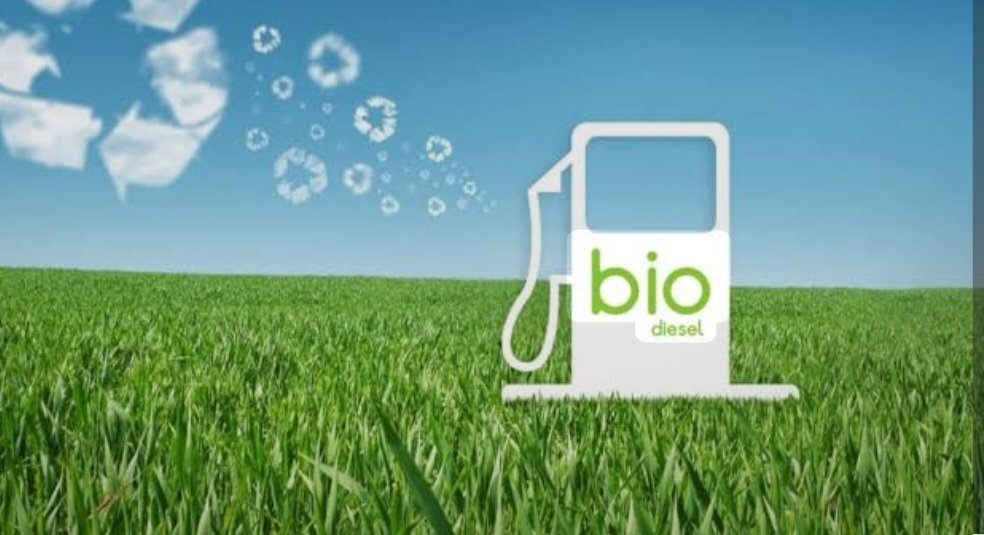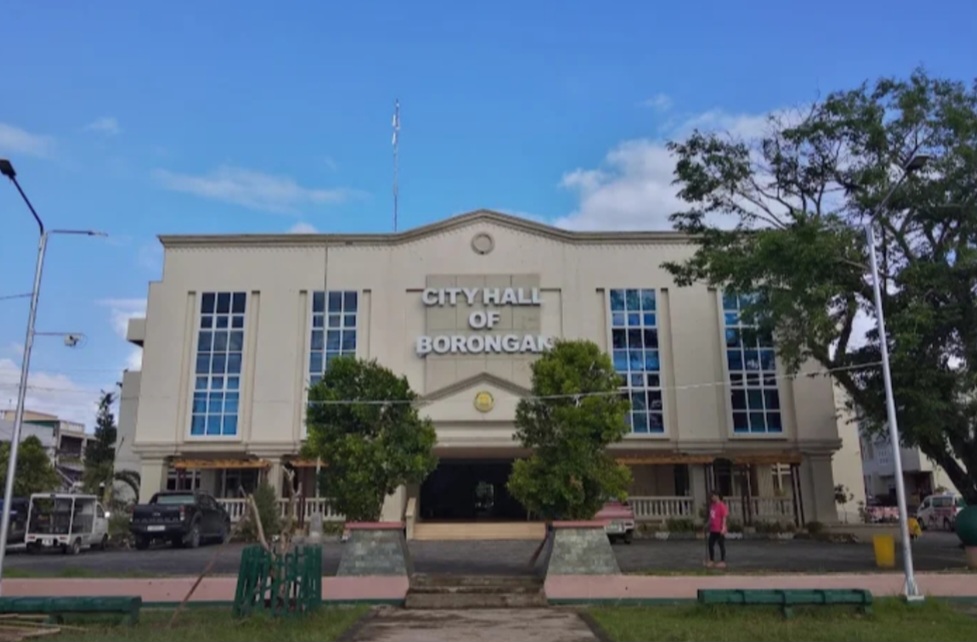
evmwb
Tacloban City– Rep. Marcelino “Nonoy” Libanan has expressed deep concern over the Department of Energy’s (DOE) decision to suspend the implementation of higher biodiesel blend mandates, calling the move “a disservice to 25 million Filipinos directly and indirectly dependent on the coconut industry for their livelihoods.”
“The DOE’s decision to delay the shift to four percent (B4) and five percent (B5) biodiesel blends deals a serious blow to the millions of Filipino families whose survival hinges on coconut farming,” Libanan said.
“At a time when we should be expanding opportunities for rural income and supporting domestic agriculture, this suspension pulls the rug out from under our coconut farmers,” Libanan added.
He pointed out that the higher biodiesel blend would have spurred increased demand for copra – the dried meat of coconut from which biodiesel feedstock is derived – and in turn driven farmgate prices up.
“More copra demand means higher copra prices, and that translates directly to food on the table for many of our poor farmers and their families,” he stressed.
Beyond inflation concerns, Libanan called for a more balanced evaluation of long-term economic and social gains from the higher biodiesel mandates.
“Yes, there may be short-term effects on pump prices, but we should not forget the bigger picture: a stronger coconut industry, improved rural incomes, better energy security, and a cleaner environment,” Libanan argued.
“We should prioritize inclusive economic growth over short-term oil price management,” Libanan added. “Why must our poor coconut farmers always be the ones to sacrifice whenever policymakers make adjustments?”
He appealed before the DOE and the National Biofuel Board (NBB) to reconsider their decision and consult more extensively with stakeholders, especially the agricultural sector.
“We must not allow our local biodiesel industry to stagnate. This is a matter of national interest, rural development, and social justice,” he said.
“The 4Ps Party-list will continue to fight for the welfare of the rural poor and push for policies that uplift the livelihoods of small farmers. Supporting a higher biodiesel blend is part of that fight,” Libanan concluded.
The data revealed according to Libanan that some 3.5 million registered coconut farmers nationwide work across 3.6 million hectares of plantations, according to the Philippine Coconut Authority (PCA).
The PCA estimates that around 25 million Filipinos derive income or economic support from the coconut industry—whether as farmers, laborers, or contributors to related value chains.
Over 60 percent of Filipino coconut farmers and workers live below the poverty line, according to a government study.
In an advisory dated July 17, 2025, the DOE said the NBB resolved to suspend the implementation of the four percent (B4) and five percent (B5) biodiesel blend mandates originally scheduled to take effect by October 1, 2025 and October 1, 2026, respectively, “in view of the anticipated significant impact on pump prices and the potential inflationary effects on the national economy.”
Hide trimmed content





